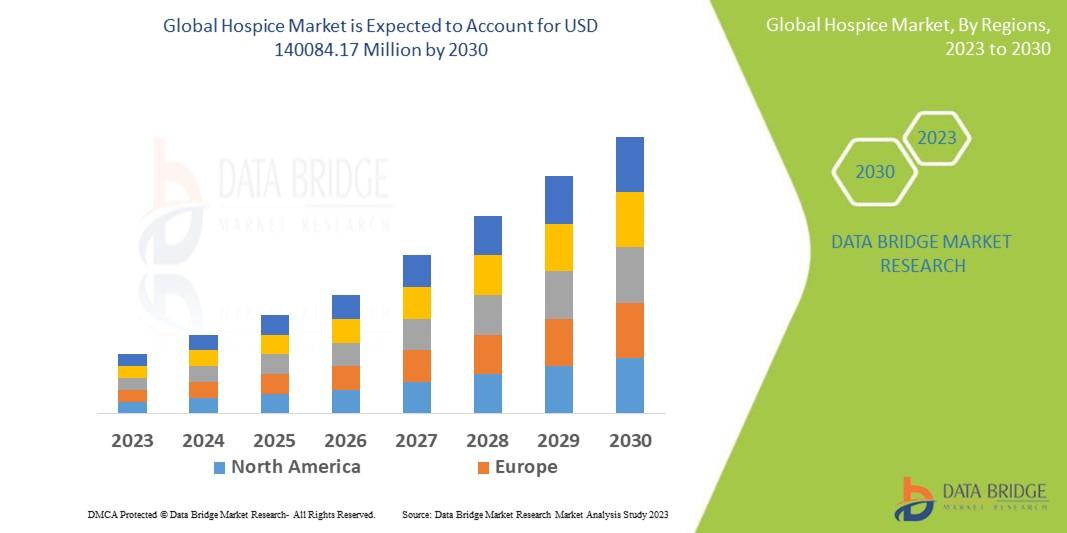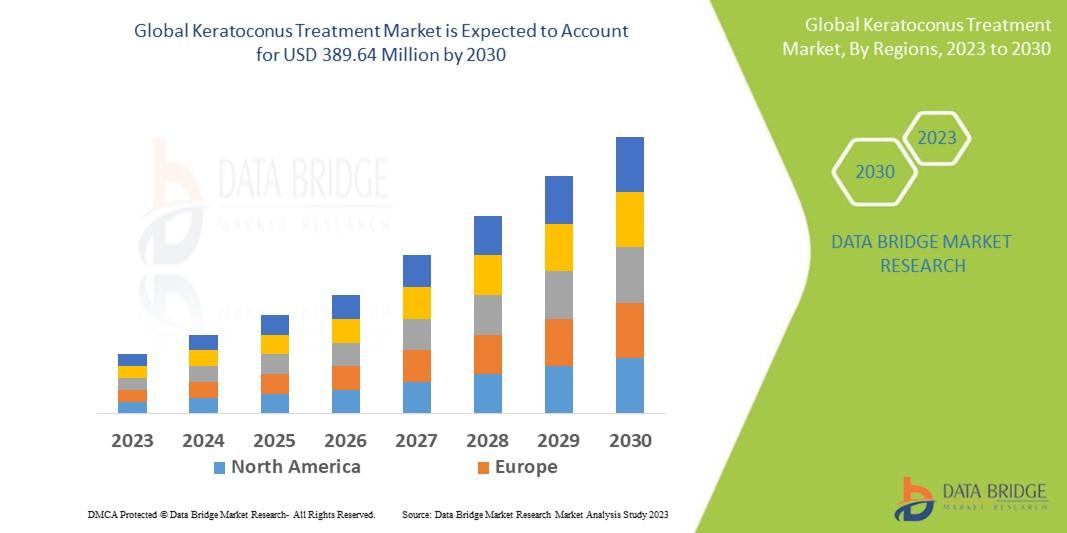Beyond Hype: Understanding the Core Concepts of AI-Powered ZK Blockchains

The convergence of artificial intelligence (AI), blockchain, and cryptography is often described as the next major technological revolution. Yet, as with any emerging innovation, the conversation is sometimes overshadowed by buzzwords and hype. To see clearly, we need to step back and understand the fundamental building blocks. At the heart of this new digital frontier lies the zero knowledge proof (ZKP)—a cryptographic tool that makes AI-powered blockchains not just possible, but practical. By cutting through the noise, we can explore why this trio matters and how it might reshape the digital landscape.
The Intelligence of AI
AI is the engine of automation and prediction in today’s digital systems. From pattern recognition to decision-making, AI thrives on data. The more data it consumes, the smarter and more effective it becomes. However, this dependency also brings challenges: sensitive datasets must be exposed to training algorithms, raising questions about privacy, ownership, and fairness.
When integrated into blockchain systems, AI promises decentralized intelligence that cannot be tampered with. But without careful design, it risks exposing critical or personal information to public ledgers, undermining trust before it even begins.
The Role of Blockchain
Blockchain provides transparency, immutability, and decentralization. It is designed to create trust in environments where no central authority exists. Every transaction is validated, recorded, and made available to the network. While this works well for financial transactions, it becomes problematic when AI applications need to process private or proprietary data.
For instance, storing or verifying AI computations directly on-chain could reveal sensitive information to all participants. Scalability also becomes a concern, as AI-driven systems can generate enormous amounts of data, straining blockchain’s capacity. This is where zero knowledge proof technology steps in to bridge the gap.
What is a Zero Knowledge Proof (ZKP)?
A zero knowledge proof is a cryptographic technique that allows one party to prove a statement is true without revealing the underlying data. Imagine proving you know the password to a secure vault without ever saying the password itself. The proof convinces others of the truth while keeping the sensitive details hidden.
For AI-powered blockchains, ZKP ensures that:
-
AI decisions can be verified without exposing raw training data.
-
Blockchain transactions can be validated without revealing private information.
-
Complex computations can be proven correct without overwhelming the network.
By combining privacy, security, and efficiency, ZKP enables AI and blockchain to work together harmoniously.
The Core Concepts of AI-Powered ZK Blockchains
To move beyond hype, it’s important to understand the key principles at play in AI-powered ZK blockchains:
-
Privacy-Preserving Intelligence
AI models can make decisions based on sensitive datasets while ZKP ensures the results are verifiable without exposing the data itself. -
Verifiable Computation
Instead of trusting AI’s output blindly, ZKP allows others to confirm the correctness of its computations, enhancing transparency and trust. -
Scalability through Proofs
AI computations are often resource-intensive. ZKP compresses these into succinct proofs that can be verified quickly on-chain, reducing congestion. -
Decentralized Autonomy
By combining AI, blockchain, and ZKP, systems can function intelligently and autonomously, without needing centralized oversight or trusted third parties.
Real-World Potential
The practical applications of AI-powered ZK blockchains are vast:
-
Healthcare: AI diagnoses diseases using private medical records. ZKP proves the diagnosis is accurate without revealing the data, while blockchain secures the process.
-
Finance: AI assesses risks or detects fraud. Blockchain ensures records are tamper-proof, and ZKP confirms fairness without exposing private financial histories.
-
Supply Chains: AI predicts demand, blockchain ensures authenticity, and ZKP protects trade secrets while verifying efficiency.
-
Governance: AI models optimize public policy, blockchain secures the system, and ZKP ensures citizen data remains confidential in processes like digital voting.
These examples show how the synergy of AI, blockchain, and ZKP addresses the real-world tensions between intelligence, transparency, and privacy.
Looking Ahead
While AI-powered ZK blockchains are still developing, their potential is undeniable. They represent more than just hype: they are a practical solution to pressing challenges in data privacy, verifiable computation, and decentralized trust. As adoption grows, we may see them power everything from decentralized finance platforms to global health systems and even smart cities.
The critical point is that ZKP is not a luxury but a necessity. Without it, AI on blockchain would either compromise privacy or fail to scale. With it, the path is open to a future where intelligence, privacy, and trust are no longer mutually exclusive.
Conclusion
The excitement surrounding AI-powered ZK blockchains is justified—but only if we understand their core concepts. AI brings intelligence, blockchain secures decentralization, and zero knowledge proof (ZKP) ensures privacy and verifiability. Together, they move us beyond hype and into a world where decentralized systems are not just powerful, but trustworthy and private.
By grounding the conversation in these fundamentals, we can see that the real revolution is not in the buzzwords but in the principles that make this trio work. The future of digital trust will rest on AI-powered ZK blockchains, and it is being built today.







